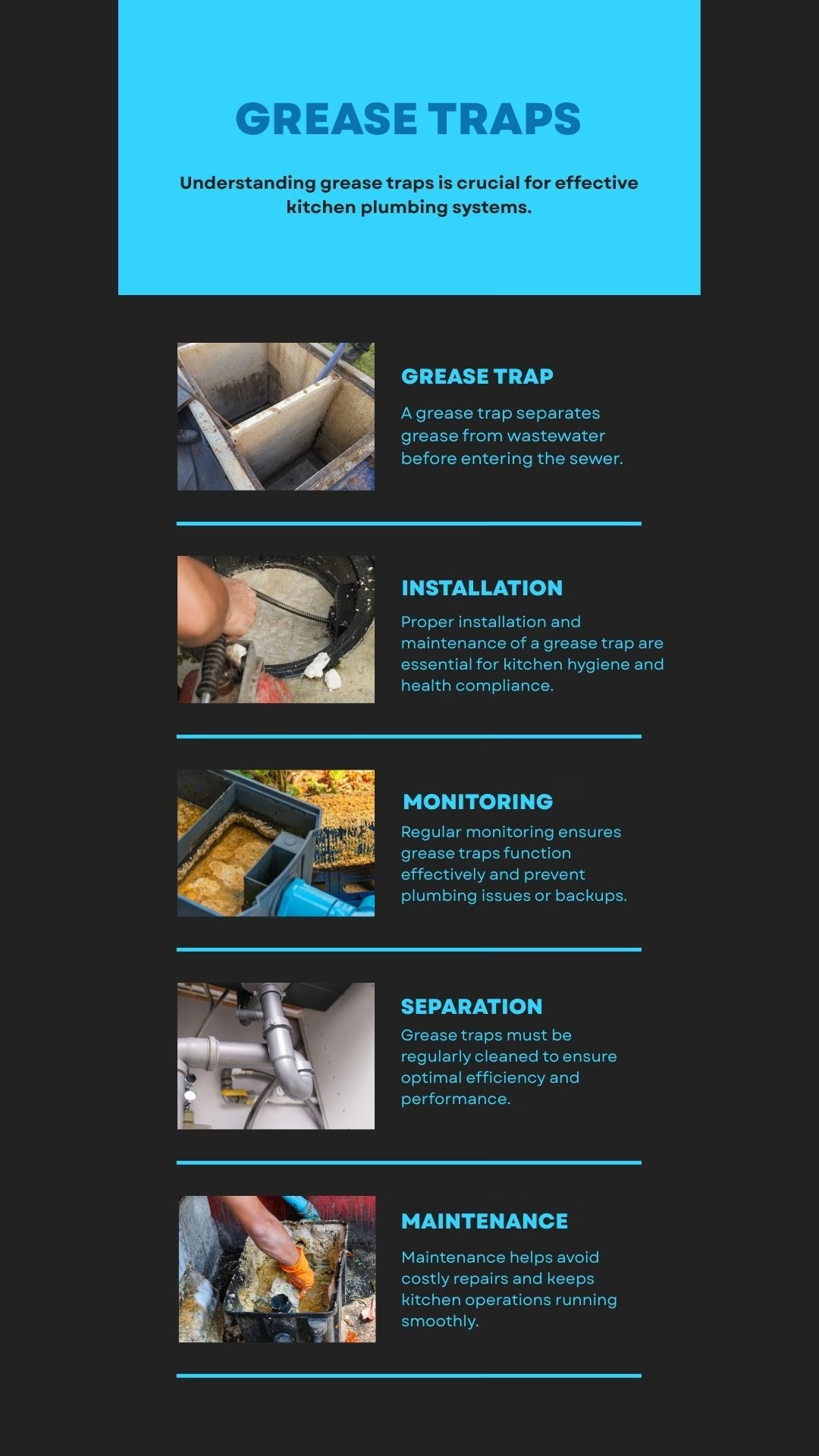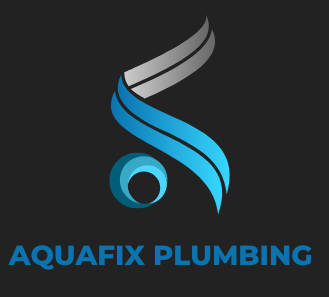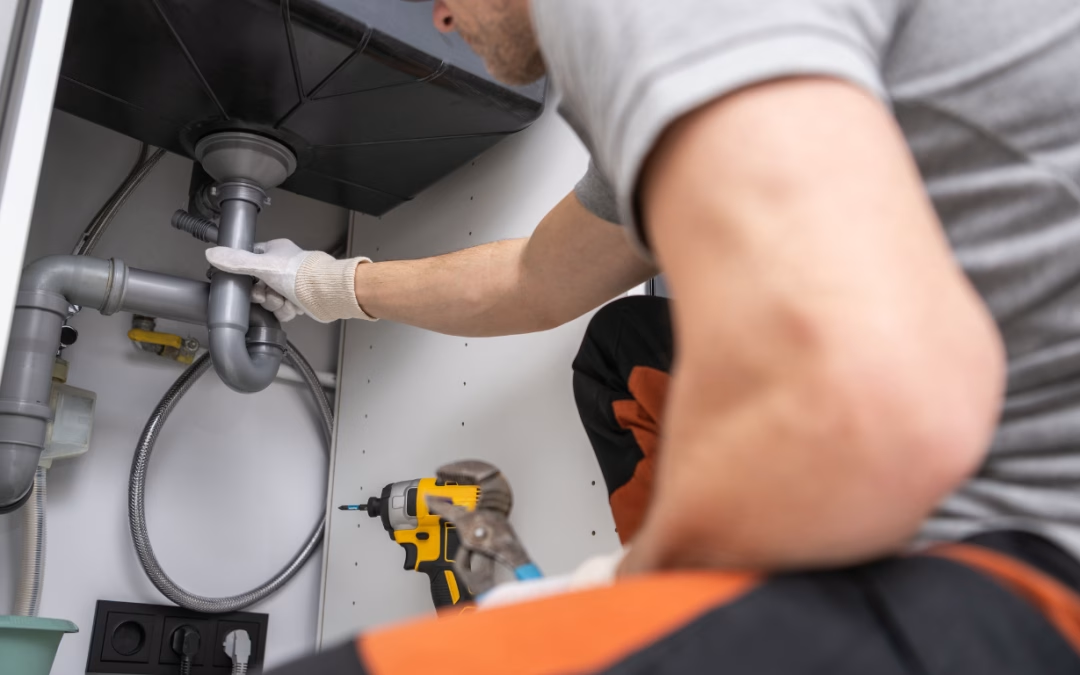Guide to Staying Compliant and Clog-Free
As a busy restaurant owner or kitchen manager in Durban, you’re focused on creating a great dining experience. It’s easy to overlook a vital, silent partner working behind the scenes: your grease trap. A functional grease trap is more than just plumbing; it’s key to your kitchen’s health and compliance with local bylaws. Ignoring its importance can lead to costly fines and disruptive clogs in the city’s sewer system. Fortunately, maintaining this crucial system doesn’t have to be a headache. Understanding the basics is the first step toward protecting your business.
What Exactly Is a Grease Trap?
It’s a simple yet incredibly powerful device. A grease trap intercepts fats, oils, and grease (FOG) before they enter your main plumbing system. FOG, when it cools, solidifies and sticks to the inside of your pipes. This creates a major blockage over time.The trap works by slowing down the flow of hot, greasy water. This process allows the FOG to cool and separate from the water. Lighter fats and oils float to the top, while heavier food solids sink to the bottom. Only the cleaner water then flows out into your public sewer lines.
Why You Need to Care
A well-maintained grease trap is non-negotiable for any commercial kitchen.
* Compliance: You face severe consequences from the eThekwini Municipality if your restaurant fails to comply with local bylaws. Ignoring your grease trap can lead to hefty fines and even business closure.
* Operational Efficiency: A clogged system can bring your entire operation to a screeching halt. A backed-up drain means you can’t wash dishes or prep food. This directly affects your revenue and customer experience.
* Public Health: A neglected trap creates a breeding ground for harmful bacteria and pests. This puts your staff and customers at risk.
For the official rules on grease traps in Durban, refer to the eThekwini Municipality Public Health By-Law.
Essential Maintenance Tips for Your Durban Commercial Kitchen
Proactive drainage system maintenance is the single best way to avoid a kitchen plumbing crisis. Taking simple steps now can save you from a major headache and the expense of a blocked drain later. Here is how you can help protect your investment and maintain kitchen health:
- Scrape plates first: Before you wash dishes, scrape all solid food waste and grease into the bin. This is the first and most effective line of defense against Fats, Oils, and Grease (FOG) buildup.
- Use a strainer: Install strainers in all sink drains. They prevent large food particles from entering your plumbing solutions and clogging up your system.
- Educate your staff: Your team needs to understand the importance of proper disposal. They are your best asset in stopping costly backups from happening and staying in line with commercial kitchen compliance.
Conclusion
Even with the best daily practices, grease traps require professional cleaning and inspection. Here’s why a professional service is the best plumbing solution:
- Total System Clean: A professional restaurant plumbing services provider uses specialized equipment like hydro jetting to completely clear the system of sludge and solid waste. This ensures a fresh start for your drainage system maintenance.
- Proactive Problem-Solving: An experienced plumber also identifies underlying issues you might not see, such as cracks or a failing baffle. Regular, professional service prevents emergencies before they happen.
Looking for reliable commercial plumbing services in Durban? Our team is here to help keep your business running smoothly.
What is a grease trap and why is it important?
A grease trap is a plumbing device that captures fats, oils, and grease from kitchen wastewater. It prevents blockages in drains and protects municipal sewer systems, which is essential for restaurants and commercial kitchens in Durban.
Do all restaurants in Durban need a grease trap?
Yes, most food establishments are required to have a properly installed grease trap. This helps comply with eThekwini Municipality public health regulations and reduces the risk of costly plumbing problems.
How often should grease traps be cleaned?
Cleaning frequency depends on kitchen size and usage. Typically, commercial kitchens should clean grease traps every 1–3 months. Regular maintenance ensures they work effectively and prevents unpleasant odors.
}
Can I clean the grease trap myself?
While small traps can sometimes be emptied by staff, larger commercial traps usually require professional servicing. Hiring a licensed plumber ensures proper disposal and compliance with local regulations.”
What happens if a grease trap is ignored?
Neglecting a grease trap can lead to clogged pipes, foul odors, and potential fines from the municipality. Regular maintenance protects both your kitchen operations and the surrounding community.



Recent Comments